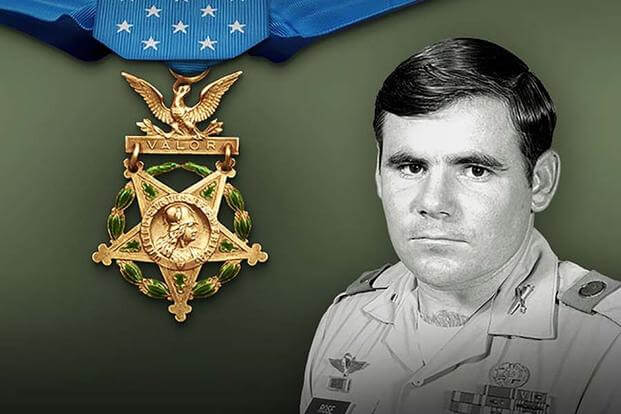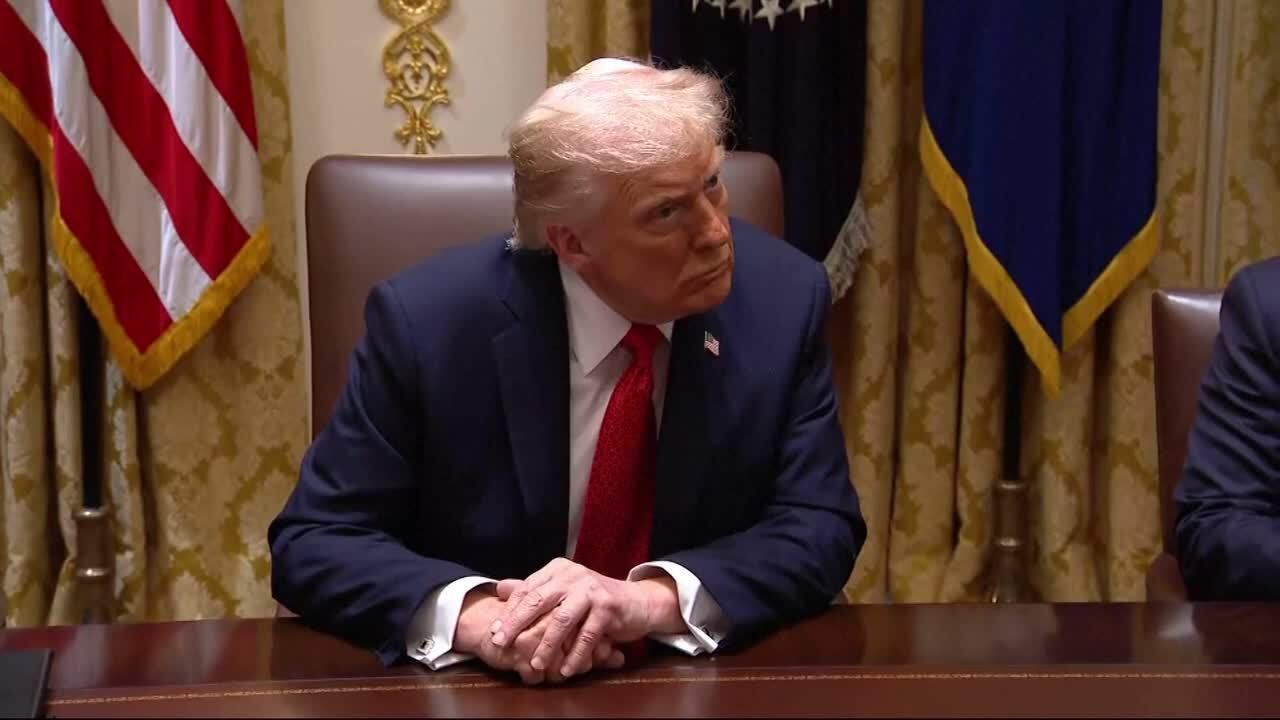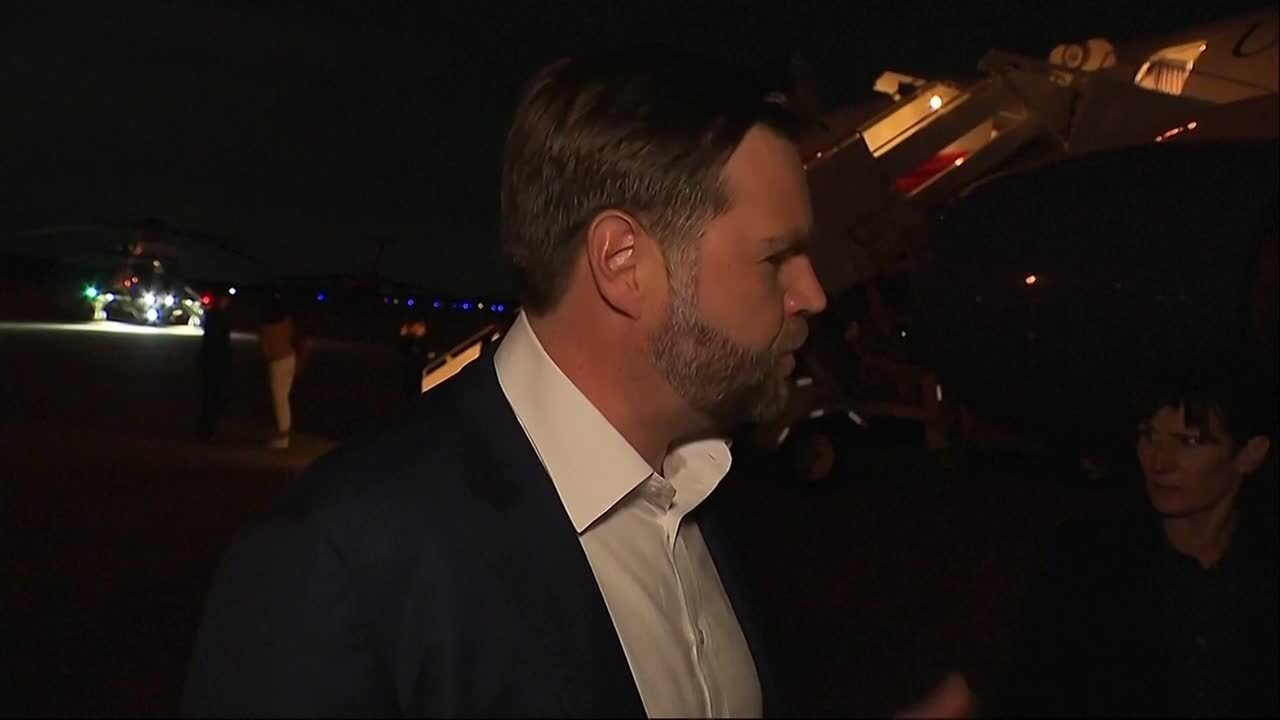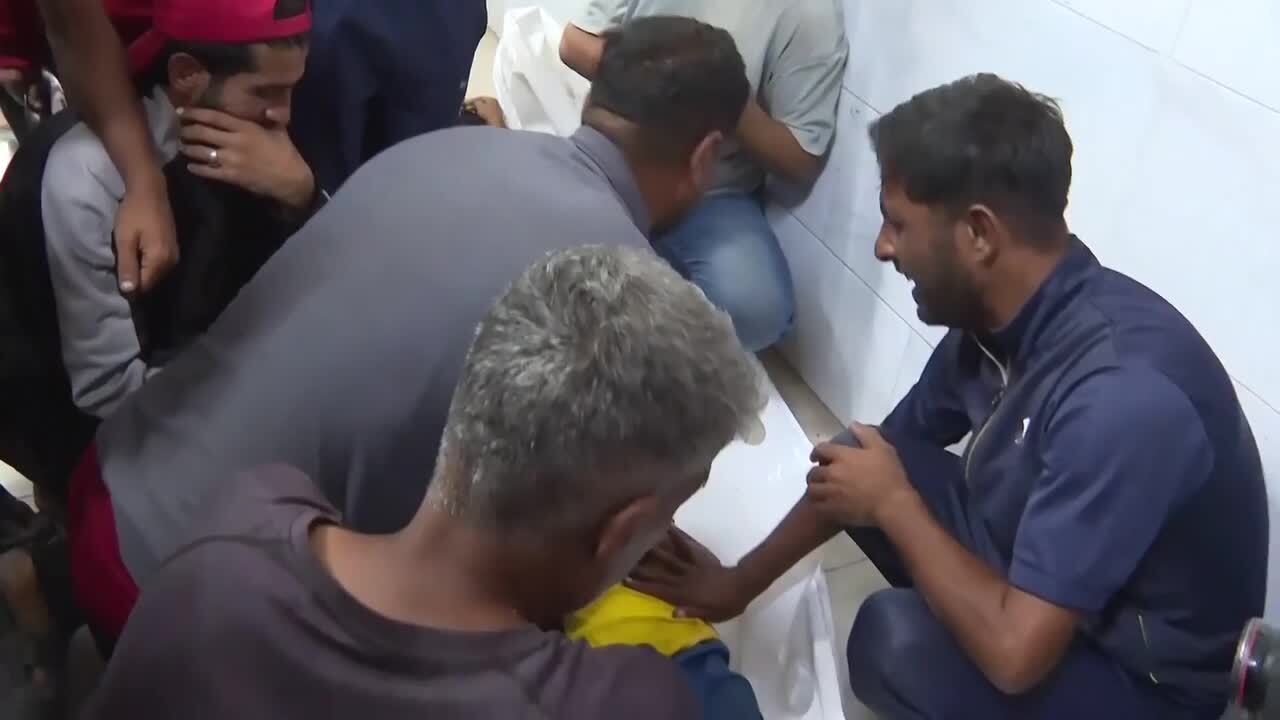On Monday, Vietnam veteran Gary Michael "Mike" Rose will receive the Medal of Honor for his heroism during a secret mission into Laos that he promised never to discuss.
The retired U.S. Army captain and 5th Special Forces medic is credited with risking his life on multiple occasions to treat about 70 wounded soldiers under enemy fire during Operation Tailwind.
The daring mission was launched into Chavane, Laos, Sept. 11-14, 1970 and would not be declassified until June 1998.
Related Video:
Capt. Gary M. Rose Medal of Honor Story
Rose remembers signing paperwork with Military Assistance Command, Vietnam -- Studies and Observations Group, pledging that he would never talk about Tailwind. "You gave your word that you would not talk about it," he told a group of defense reporters during an Oct. 20 interview at the Pentagon.
"So I just determined that if anybody asked me, I was going to be a mail clerk during the Vietnam War," Rose said.
His actions during Operation Tailwind paint quite a different picture of his war service. The Green Beret medic was part of a company-sized force, consisting of Americans, Vietnamese and indigenous Montagnard personnel, that inserted 70 kilometers inside enemy-controlled Laos, according to the Army award citation.
The company soon made contact with an enemy squad, and two Americans and two Montagnards were wounded. One of the wounded was trapped outside the company’s defensive perimeter.
Rose, engaging the enemy, rushed to get the wounded soldier. He gave the soldier first aid and carried the man through heavy gunfire back to the company defensive area.
As Rose's unit pushed deeper into enemy territory, it ran into more enemy forces, and took more casualties. Rose moved through the enemy fire to treat the mounting numbers of wounded, firing at the enemy in order to get to the wounded men. Enemy fire was so intense that Rose had to crawl from position to position to treat the wounded.
Over the next few days, the unit marched west and deeper into the Laos jungle, defending against continuous attacks from squad to company-sized enemy elements. Air Force gunships overhead provided close-air support to keep the enemy at bay.
Wounded by an RPG
Rose received the most severe of his many wounds on the second day of the mission.
During an assault by a company-sized element of North Vietnamese Army, one of the Montagnards was wounded 40 to 50 meters outside the company area. Rose ran, crawled and maneuvered his way to this wounded man, shielding the soldier with his own body as he treated him. He then dragged the wounded soldier back to the company with one hand, while firing at the enemy with his weapon in the other hand.
A rocket-propelled grenade landed nearby, spraying Rose with shrapnel in his back and leg, and severely wounding his foot. Using a stick as a crutch, as he would for the remainder of the mission, Rose continued treating the wounded while ignoring his own painful wounds.
The company had taken so many wounded that a medevac helicopter was called. The helicopter was unable to land in the small opening where the company sought cover, and Rose, standing and fully exposed to the withering enemy fire, attempted to pass the wounded up to the crew on the hovering helicopter.
So intense was the enemy fire, the medevac pilot aborted the mission, and the severely damaged helicopter crashed a few miles away.
Using close-air support, the unit was able to break out of their defensive position. Rose improvised litters for the wounded, which now numbered over half the company. Through it all, Rose never took time to eat, rest or care for his own wounds while treating his fellow soldiers.
The Last Day
On the last day of the mission, after destroying an enemy base camp, the unit was notified by the forward air controller that more than 500 NVA were moving on their position. The company was ordered to a helicopter extraction point as Air Force assets cleared their path, guiding the company to the next landing zone.
The enemy attacked from all sides. Rose's unit set up a perimeter around the LZ. Rose moved under intense enemy fire of the assaulting NVA to retrieve the friendly dead and wounded and return them to the company defensive perimeter. The extraction helicopters arrived, but Rose waited to board the last bird, firing at the enemy while he hobbled up the loading ramp.
Shortly after takeoff, the helicopter started taking enemy aircraft fire. A Marine door gunner was soon shot through his neck. Rose rushed to his aid and treated him before the helicopter crashed, then he was thrown from the helicopter before it hit the ground. Soldiers were wounded from the crash. The helicopter was smoking and leaking fuel.
Still dazed, Rose crawled back into the downed helicopter to pull his wounded and unconscious teammates from the wreckage. He continued to treat the injured until another helicopter arrived on the scene to extract the men.
The Marine door gunner lived for another 42 years.
"Unfortunately, the gentleman passed away in 2012," Rose said. "The thing I take great pride in is the fact that if you had seen him on that day, you would have not thought that he would have made it. I mean the whole front of his neck was a bloody mess, and he was in bad shape.
"And the fact that he lived all the way to 2012, that just gives me really a great sense of accomplishment."
Retired Lt. Col. Eugene McCarley, mission commander of Operation Tailwind, said he met the door gunner a few years after the operation.
"The man should have died in that helicopter," McCarley said. "The only physical signs that you could tell he had ever been shot, he had two scars under each earlobe about the size of a half a dollar ... it was as if it had never happened."
Upgraded Medal
McCarley, along with the help of then-Sen. Jeff Sessions, an Alabama Republican, was heavily involved in having Rose's Distinguished Service Cross upgraded to the Medal of Honor.
"I had the honor to serve with about five or six of the other Medal of Honor recipients in Special Forces; Mike is going to be the 19th," McCarley said.
"The actions that Mike performed, you just can't imagine it, you can't put it into words, you can't describe it, but I can't think of anyone that is any more deserving than Mike to receive this award."
Sitting next to McCarley, Rose was humbled by his friend's words.
"This gentleman, he's been giving me a lot of credit, but this guy here during those four days, he was controlling fighter aircraft, trying to bring in heavy-lift Marine helicopters and Cobras, and he's also directing the ground operations at the same time," Rose described.
"And he would still come by periodically with the first sergeant just to check on every one of us to see how we are doing," he said. "I consider it a great privilege to count myself as one of his friends."
Rose admits that he is not used to all the "notoriety" this has brought him.
"I'll be honest with you," he said, chuckling. "I wish it was still secret."
Rose said he is looking forward to his Medal of Honor ceremony for two reasons.
"It's not every day a person gets to meet the president of the United States," he said. "That in itself, to be in the same room with that person is just an incredible honor and a privilege."
Rose said he is also looking forward to reconnecting with old friends he hasn't seen in decades.
"And they are all coming here by Sunday, and my wife and I are going have the privilege of being able to see these friends that date back some 40-50 years," he said.
An Honor for All
Rose said he sees his Medal of Honor as an honor not only for all of the men involved in Operation Tailwind, but also to the men and women who served in the Vietnam War.
"The ones that I know personally all returned home and continued on to serve this country in various capacities.... And I consider it a privilege to be counted among them," he said.
"They were asked to do a very difficult thing, and they did it and they fought hard and unfortunately a lot of them didn't come home," Rose said.
"And this is a way to honor all of their memories, just by honoring those of us that are left, so we kind of stand up for them and be a focal point on that honor," he said.
-- Matthew Cox can be reached at matthew.cox@military.com.






























